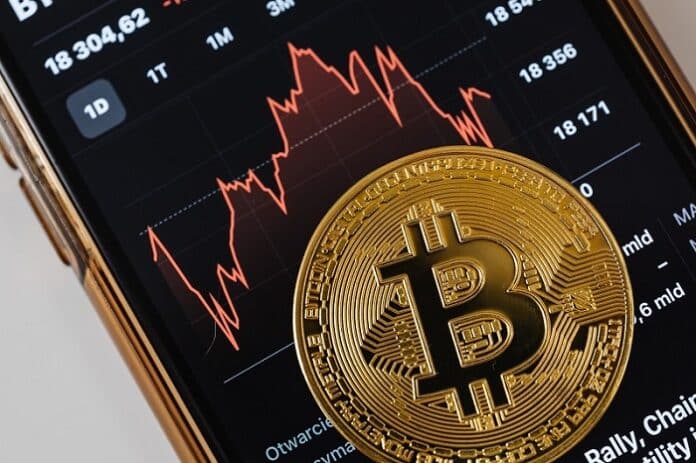Cryptocurrencies like Bitcoin and XRP have revolutionized the way we conduct transactions and store value. While both Bitcoin and XRP are well-known in the market, they have fundamental differences in terms of their design, purpose, and market acceptance. In this article, we will provide an expert comparison of Bitcoin and XRP. Engage in crypto trading with bitcoin prime, a platform that offers advanced tools and features for seamless trading experiences.
Understanding Bitcoin & XRP
An unknown person or group with the name Satoshi Nakamoto created the digital currency, Bitcoin in 2009. There were no middlemen to make the transactions – that means, no banks! You can use Bitcoin to shop for furniture and equipment on Overstock, book hotels on Expedia, and purchase Xbox games. However, this digital currency has become popular as people trade this currency to become rich. In 2017, Bitcoin’s price increased significantly into the thousands.
XRP is a digital currency that was created in 2012 by Ripple Labs. It is designed to facilitate fast and efficient cross-border payments between different currencies and financial institutions. XRP is unique in that it is not a decentralized currency like Bitcoin, but rather a centralized currency that is controlled by Ripple Labs.
Comparing Bitcoin and XRP
Bitcoin and XRP are two of the most well-known digital currencies in the market, but they have some fundamental differences in terms of their design and purpose.
One of the main advantages of XRP is its speed and efficiency in processing transactions. XRP transactions can be completed in a matter of seconds, while Bitcoin transactions can take several minutes or even hours to complete. This makes XRP a more attractive option for businesses and individuals who require fast and efficient transaction processing.
Bitcoin is a decentralized currency that is not controlled by any government or institution, which makes it more secure against potential hacking attacks or government intervention. XRP, on the other hand, is a centralized currency that is controlled by Ripple Labs. This makes it more vulnerable to regulatory scrutiny and potential security breaches.
Bitcoin has a limited block size, which means it can only handle a certain amount of transactions at a time. This has led to scalability issues and slower transaction processing times. XRP, on the other hand, is designed to handle large volumes of transactions, which makes it a more scalable option for businesses and financial institutions.
Bitcoin is primarily used as a store of value and investment vehicle, while XRP is designed for facilitating cross-border payments and transactions between different currencies and financial institutions. Bitcoin has gained more mainstream recognition and acceptance, while XRP is still gaining traction in the market.
Overall, both Bitcoin and XRP have their own unique advantages and disadvantages, and they are designed for different purposes. Bitcoin is more decentralized and secure, while XRP is faster and more efficient in transaction processing.
Market Analysis of Bitcoin and XRP
Bitcoin has the largest market capitalization of all cryptocurrencies, with a market cap of over $1 trillion as of April 2023. XRP has a smaller market cap, currently around $50 billion. However, XRP has seen significant growth in trading volume in recent years, and its daily trading volume has surpassed that of Bitcoin on some occasions.
Bitcoin has gained widespread recognition and adoption as a store of value and investment vehicle, with many institutional investors and hedge funds investing in cryptocurrency. XRP, on the other hand, has faced some regulatory challenges and has not gained the same level of mainstream acceptance as Bitcoin. However, XRP has seen increased adoption in cross-border payments and transactions between financial institutions.
Both Bitcoin and XRP are known for their price volatility and risk. The price of Bitcoin has seen significant fluctuations over the years, with periods of rapid growth and significant drops. XRP has also seen price volatility, particularly in response to regulatory challenges and news about the cryptocurrency market. Investors should carefully assess their risk tolerance and investment strategy before investing in either cryptocurrency.
Overall, both Bitcoin and XRP are important players in the cryptocurrency market, with their own unique strengths and weaknesses. While Bitcoin has a larger market capitalization and broader investor acceptance, XRP offers faster and more efficient transaction processing for cross-border payments and transactions.
Conclusion
In conclusion, Bitcoin and XRP are two of the most well-known digital currencies in the market, each with its own unique strengths and weaknesses. While Bitcoin has gained broader investor acceptance and is primarily used as a store of value and investment vehicle, XRP offers faster and more efficient transaction processing for cross-border payments and transactions.





